Why would you buy one of England's redundant prisons?
- Published

Norman Stanley Fletcher was quick to make a deal in Porridge, but could he have sold a prison?
Some of England's oldest prisons are up for sale as the Ministry of Justice moves to larger "super jails". But what can you do with a redundant jail?
For those in the market for a former prison, there are four currently for sale; Gloucester, Brockhill in Worcestershire, Shepton Mallet in Somerset and Kingston in Portsmouth.
Two others, Shrewsbury and Bullwood Hall in Essex, are under offer and another jail which closed last year, Northallerton in North Yorkshire, is expected to be sold to an unnamed public body without going to market.
Andrew Moss, from property consultants GVA, is overseeing the sale of four former jails and believes they can be put to a variety of uses.
He says there is no such thing as a "typical buyer" but adds: "Because of the unusual nature of these listed buildings it is likely to be a specialist, or someone willing to speculate."
One deal completed this year was the sale of HMP Canterbury, once home to Ronnie and Reggie Kray. It was bought by Canterbury Christ Church University.
The university plans to use the five-acre prison site, including the 19th Century jail, to expand its North Holmes campus which sits within a UNESCO World Heritage Site.
The university paid £7m for the prison and the surrounding land. It won't say what it intends do with the building until it has carried out a 12-month planning review, due to be completed next year.
One possibility could be extra student accommodation.
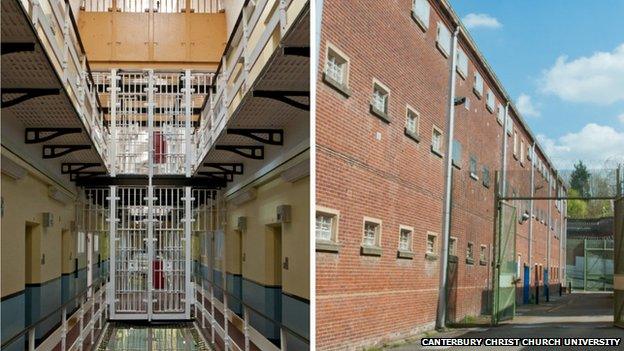
Part of the former jail in Canterbury could be turned into student accommodation
A number of jails have been successfully converted, including HMP Oxford, which became a hotel, external in 2005.
The building can trace its history back to Oxford Castle in the 11th Century, but it was rebuilt and turned into a prison after the English Civil War.
Almost a decade after its closure in 1996, HMP Oxford was bought by the Trevor Osborne Property Group and leased to the Malmaison hotel chain, with around £20m spent in total on the complex.
A number of original features, including the metal staircases and some of the cell doors have been preserved.
The company's chief operating officer Scott Harper said the hotel appealed to people who "are looking for something more than just a bed".
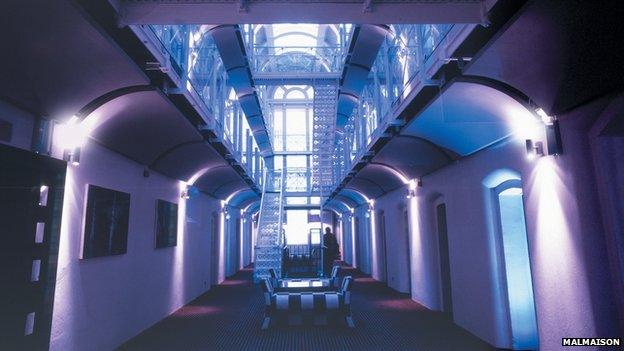
The Malmaison hotel atrium has kept the appearance of the old Oxford jail
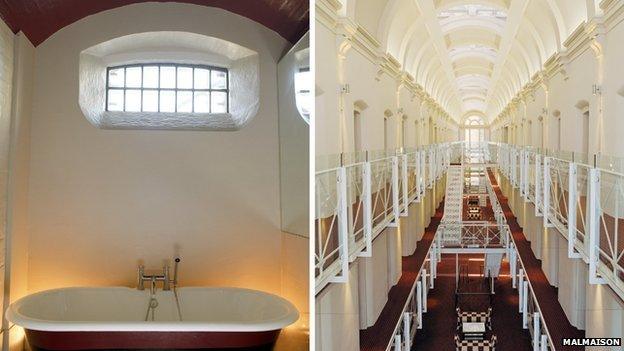
Oxford prison is currently leased by the Malmaison hotel chain and retains many of the original features
Mr Harper added: "The Oxford prison is a stunning building and although the concept of staying in a prison may seem odd initially, people are generally really intrigued."
Abingdon Prison in Oxfordshire has gone through a number of transformations.
It was originally built by prisoners from the Napoleonic Wars and served as a jail between 1811 and 1868.
The building then did time as a commercial grain store, before it went through another conversion and opened as Abingdon's Old Gaol Leisure Centre in 1976.
The leisure centre closed in 2002 and the building was bought by local property developer, Cranbourne, which announced it would turn the site into flats and restaurants.
Work on the project started in March 2010 and is due to be completed later in the year.
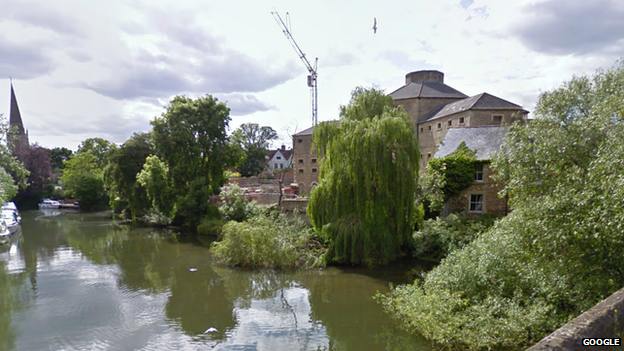
Work to convert the former Abingdon jail into flats and restaurants is due to be complete later this year
English Heritage said it encourages "sensitive development" and is not opposed to selling off England's jails.
In some cases, community groups have stepped in to suggest ways of developing the sites sympathetically.
The Kingston Prison Action Group put forward the idea of a prison museum or a rehabilitation centre for young offenders when HMP Kingston in Portsmouth closed in 2013.
The group said: "With creative thinking, a passion to make a difference and a coalition of the willing, there is a real opportunity to create a lasting legacy".
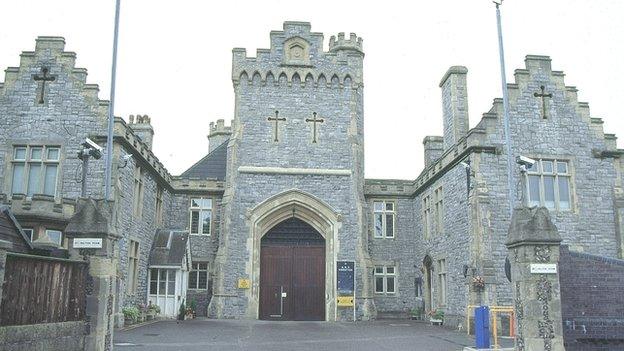
A rehabilitation centre for young offenders has been suggested as a use for the former HMP Kingston
Reading jail, which once held Oscar Wilde and was made famous by his poem, The Ballad Of Reading Gaol, is also worth preserving, according to The Oscar Wilde Society.
Its deputy chairman Michael Seeney said: "We would support the continued use of the prison in any guise, hoping that the Oscar Wilde connection would be retained."
So what is the most interesting use proposed so far?
Mr Moss, from GVA ,said he liked the irony of a prison being turned into a hotel.
"They remain mass accommodation," he said, "except now the rooms are all en-suite."
- Published8 April 2014
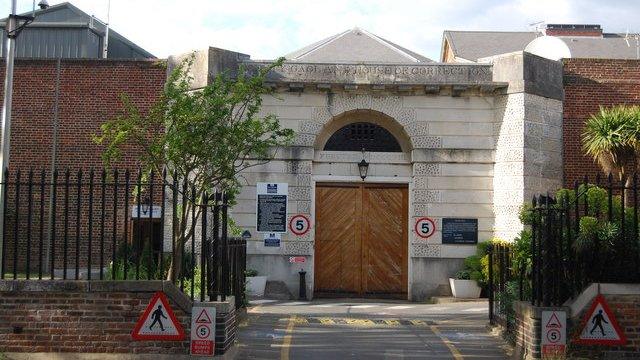
- Published15 March 2014

- Published20 February 2014
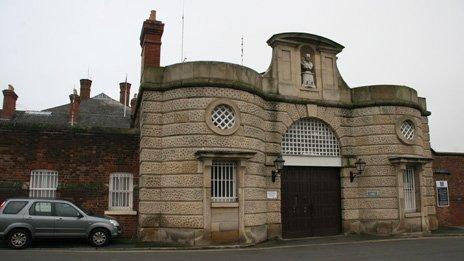
- Published22 November 2013
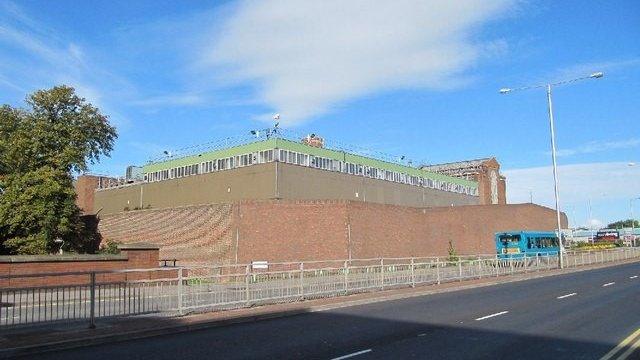
- Published4 September 2013

- Published10 January 2013

- Published25 August 2010